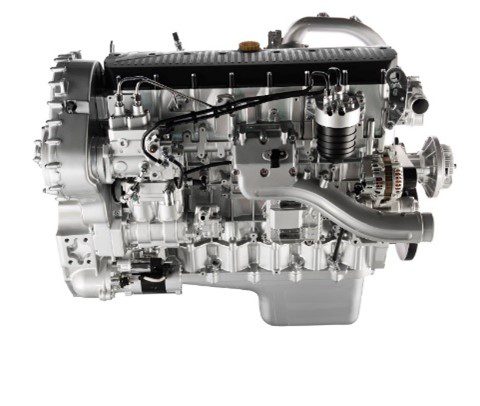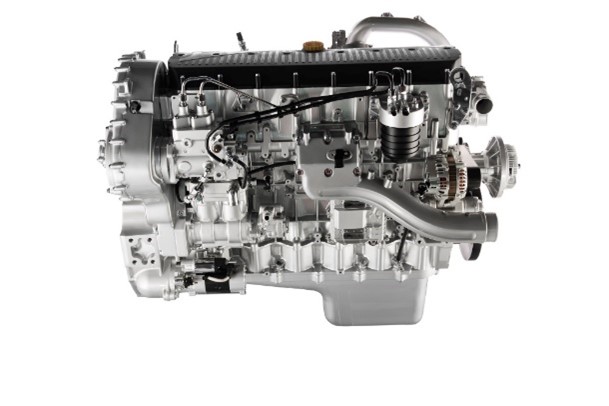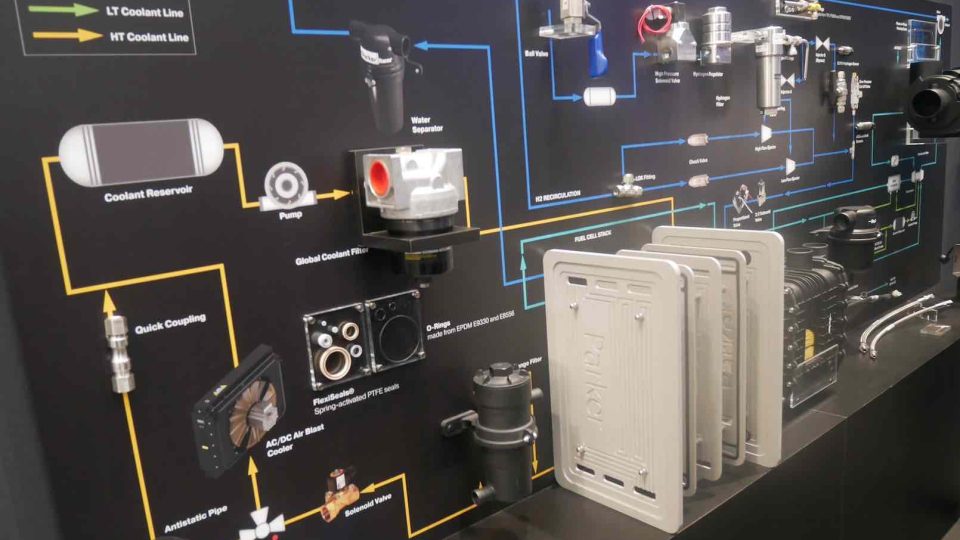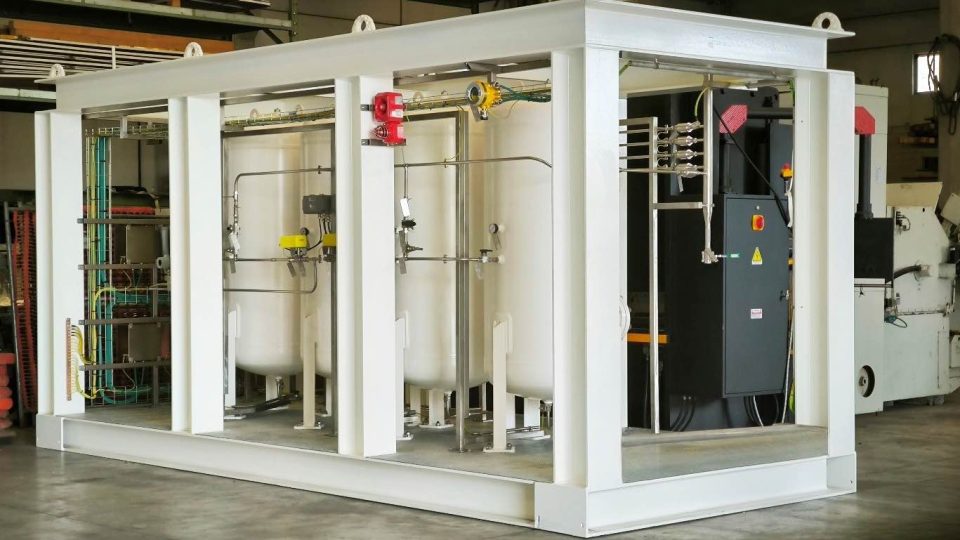FPT Industrial and alternative fuels: DME. Under a Swiss umbrella
FPT Industrial and alternative fuels: DME. The road to energy transition is getting crowded. The vanguards of electric are increasingly being found by voices on hydrogen, fuel-cells and ICE, and instances of alternative fuels. No longer just bio-fuels but also power-to-X (also for commercial boatings) and synthetic fuels. We report on an initiative involving FPT Industrial. […]

FPT Industrial and alternative fuels: DME. The road to energy transition is getting crowded. The vanguards of electric are increasingly being found by voices on hydrogen, fuel-cells and ICE, and instances of alternative fuels. No longer just bio-fuels but also power-to-X (also for commercial boatings) and synthetic fuels. We report on an initiative involving FPT Industrial.
FPT Industrial and alternative fuels: DME
“Being ever more sustainable is one of the strategic objectives that FPT Industrial is facing, and it is also a major challenge. The requirement to reach the European CO2 emission targets in 2025 and 2030 make the use of alternative fuels and e-fuels possible paths to addressing these challenges.

Following its DNA of leading research and technological innovation, FPT Motorenforschung in Arbon, Switzerland, is developing an innovation project into the use DME, an alternative fuel in an 11-liter heavy duty engine.
All in one acronym? DME
DME (Dimethyl-ether, CH3-O-CH3) is a suitable fuel for compression ignition engines and can be produced from several renewable sources. Its chemical properties allow for, with the correct engine hardware configuration and calibration, very low NOx and particle emissions, whilst maintaining high engine efficiency. There are, however, some challenges in the use of DME as a fuel, particularly in terms of the fuel injection equipment. DME has been industrially used for decades, mainly as a propellant in aerosol cans as it is nontoxic, odourless and can be absorbed in the troposphere. From a storage and refuelling point of view DME is like LPG. It is liquid at very moderate pressure levels.
The overall goal of the project is to advance the understanding of using DME as an alternative to Diesel in the industrial goods sector and demonstrate clean combustion at comparable efficiency levels. Since DME combustion produces practically no particle emissions, a comparably simple SCR system, without the need for a particle filter may be enough to comply with strict emission standards. The project is funded by SFOE (Swiss federal office for energy) and the test bench is operated at Empa Dübendorf, where the Company has invested heavily in the infrastructure adaptations necessary for DME.
The first experimental data are showing some very promising results in terms of CO2 reduction, along with very low NOx and particle emissions, together with similar engine efficiency to Diesel.
The beating heart is in Arbon, on the Costance Lake
For FPT Industrial, the project contributes to the innovation activities of its Research and Development center in Arbon, Switzerland. One of its seven global R&D locations, this is the Brand’s excellence hub for advanced technologies, where both Common Rail technology and the HI-eSCR (High Efficiency Selective Catalytic Reduction system) were developed.”









